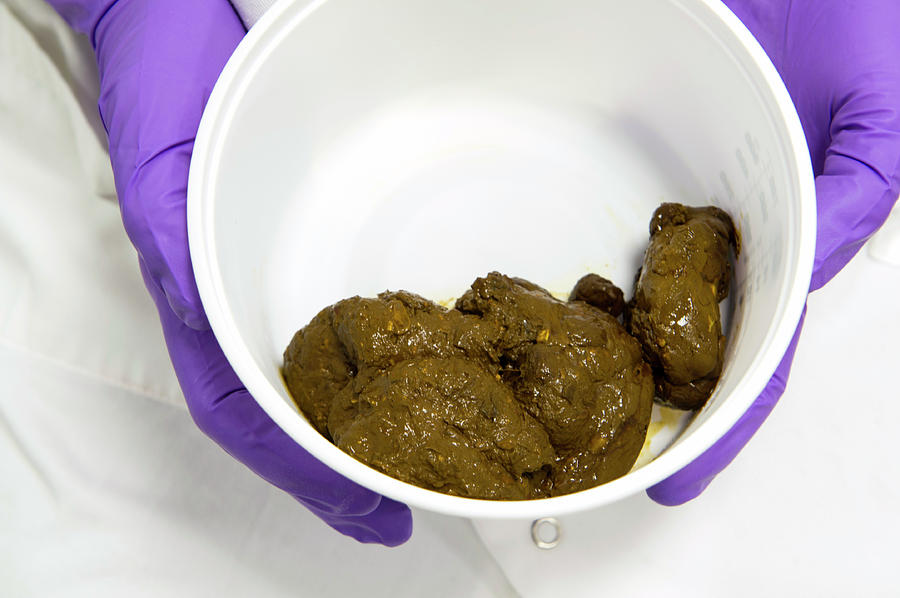Peanut Butter And C Diff
Peanut butter is a popular spread, often considered to be a healthy choice for sandwiches and snacks. However, it has recently been linked to a serious gastrointestinal condition called Clostridioides difficile (C diff). C diff is a bacterial infection that can cause severe diarrhea and abdominal pain. It is most commonly seen in health care settings, but it can also be acquired through contact with contaminated food or water. Peanut butter has been identified as a potential source of C diff, making it important to understand the potential risks associated with eating it.
What is Clostridioides difficile (C diff)?
C diff is a type of bacteria that can cause severe diarrhea, abdominal pain, and other gastrointestinal symptoms. It is most commonly seen in hospitals and other healthcare settings, but it can also be acquired through contact with contaminated food or water. Symptoms usually begin within a few days of exposure and can range from mild to severe, depending on the amount of bacterial exposure. C diff can be treated with antibiotics, but it can also cause serious complications if left untreated.
How is C diff Linked to Peanut Butter?
C diff has recently been linked to peanut butter. A study conducted in 2017 found that C diff spores were present in some samples of peanut butter. These spores can survive in food for extended periods of time, and they can be transmitted through contact with contaminated food or water. This means that even if you don’t eat the peanut butter, you can still become infected with C diff if you come into contact with it.
What Are the Symptoms of C diff?
The symptoms of C diff depend on the severity of the infection and can range from mild to severe. Common symptoms include watery diarrhea, abdominal pain, fever, nausea, and loss of appetite. The infection can also lead to dehydration and electrolyte imbalances, which can cause further complications. In severe cases, C diff can cause life-threatening complications such as sepsis.
How Can You Reduce Your Risk of C diff?
If you are concerned about the potential risks associated with peanut butter, there are steps you can take to reduce your risk of C diff. First, it is important to practice good hygiene when handling and preparing peanut butter. Make sure you wash your hands thoroughly before and after handling the product, and avoid cross-contamination of food preparation surfaces. It is also recommended to avoid eating peanut butter that has been stored at room temperature for extended periods of time, as this could increase the risk of contamination.
What Are the Treatment Options for C diff?
If you are infected with C diff, it is important to seek treatment as soon as possible. The infection can be treated with antibiotics, and in some cases, probiotics may also be effective. In severe cases, surgery may be required to remove the bacteria from the intestine. It is important to follow the instructions of your doctor carefully to ensure that the infection is treated properly.
Conclusion
Peanut butter has recently been linked to C diff, a serious gastrointestinal infection that can cause severe diarrhea and abdominal pain. It is important to understand the potential risks associated with eating peanut butter, and to take steps to reduce your risk of infection. If you are infected with C diff, it is important to seek treatment as soon as possible. With proper treatment, C diff can be effectively managed and the risk of further complications can be minimized.
C Diff Poop Color

Diff peanut butter product recalled after linking to Salmonella - New

Diff peanut butter product recalled after linking to Salmonella - New
